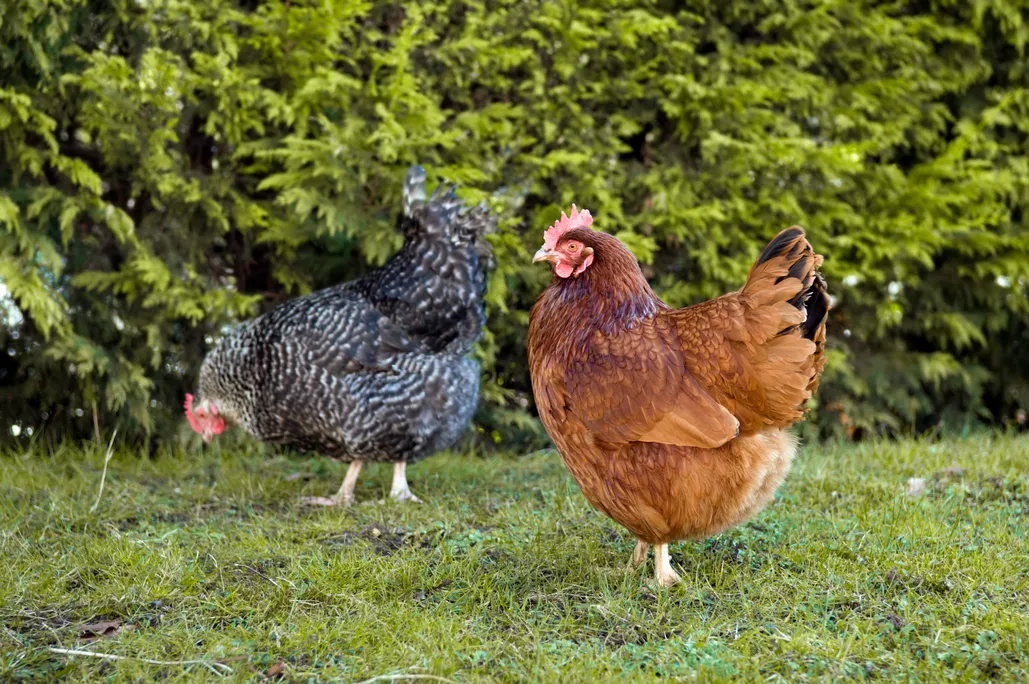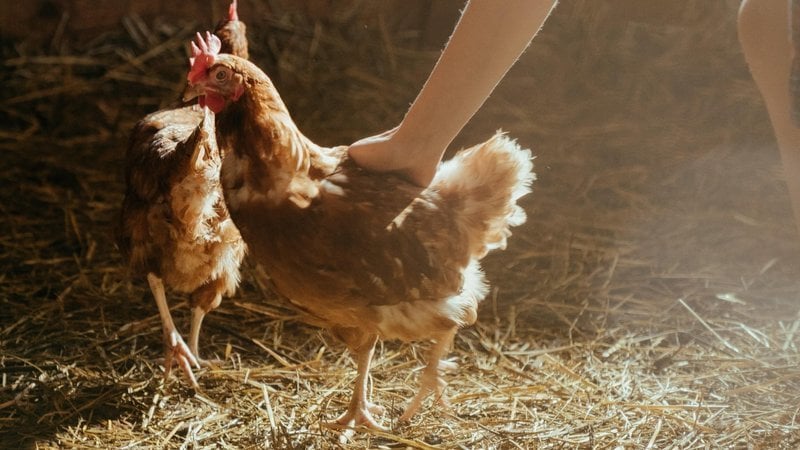For chicken enthusiasts, maintaining a pleasant-smelling coop is essential. A clean, odor-free coop not only ensures the well-being of your feathered friends but also makes for a more enjoyable chicken-keeping experience. If you’re wondering how to reduce coop odor naturally, you’ve come to the right place. In this article, we will explore various methods to keep your chicken coop fresh without resorting to harsh chemicals.

Understanding the Causes of Coop Odor
Before diving into solutions, it’s crucial to understand what causes the odor in the first place. Typically, the unpleasant smell in a chicken coop comes from the accumulation of chicken droppings, moisture, and ammonia. Ammonia is a byproduct of the breakdown of uric acid in droppings, and it can be harmful to both chickens and humans if not properly managed.
Key Strategies to Naturally Reduce Coop Odor
1. Regular Cleaning
One of the most effective ways to reduce coop odor naturally is through regular cleaning. This involves removing droppings and soiled bedding at least once a week. It’s also advisable to deep clean the coop every few months to prevent odor build-up.
2. Use of Natural Bedding
Choosing the right bedding is essential. Materials like straw, hay, or wood shavings can help absorb moisture and odors. Consider using a deep litter method, where bedding is allowed to build up and decompose over time, creating a natural compost that helps control odors.
3. Ventilation
Good ventilation is crucial in any chicken coop. It helps to remove moisture and ammonia, reducing the risk of respiratory issues in your chickens. Ensure that your coop has enough windows or vents to allow for proper air circulation.
4. Natural Odor Absorbers
There are several natural substances that can help neutralize odors. For example, sprinkling a thin layer of baking soda, diatomaceous earth, or lime on the coop floor can help absorb moisture and reduce smell.
Additional Tips for Maintaining a Fresh Coop
5. Proper Feed Management
Overfeeding your chickens can lead to excessive droppings and increased odor. Ensure you’re providing the right amount of feed and avoid leaving leftover food in the coop.
6. Use Herbs
Herbs such as mint, lavender, and rosemary have natural deodorizing properties. You can plant these around the coop or add dried herbs to nesting boxes to help mask odors. Learn more about safe herbs for chickens.
7. Hydration and Diet
A diet rich in probiotics can improve digestion in chickens, resulting in less odor. Ensure your chickens have access to clean water at all times, as dehydration can lead to more concentrated waste and stronger smells.
8. Composting
Instead of letting droppings accumulate, consider composting them. Composting not only reduces odor but also provides you with nutrient-rich fertilizer for your garden.
9. Manage Moisture
Moisture is a major contributor to odor. Ensure that your coop floor stays dry by fixing any leaks and using waterers that minimize spillage. Also, avoid overcrowding, as too many chickens in a small space can increase humidity.
10. Regular Inspections
Conduct regular inspections to identify any potential issues that could lead to odor problems. Check for leaks, ensure the bedding is dry, and take note of any unusual smells that might indicate a health issue with your flock.

FAQs
Why does my chicken coop smell so bad?
The smell is primarily due to the accumulation of droppings and ammonia. Regular cleaning and proper ventilation can help manage the odor.
Can I use essential oils to reduce coop odor?
While some people use essential oils to help mask odors, it’s important to use them sparingly and ensure they are safe for chickens. Always research or consult with a vet before introducing new substances to your coop.
What is the deep litter method?
The deep litter method involves allowing bedding to build up and decompose over time, creating a natural compost that helps control odors. It’s an effective way to manage waste and reduce smell in chicken coops.
For more information on chicken care, check out our article on fermenting chicken feed. You can also explore ways to prevent parasites naturally.
For additional tips and natural products, visit Natural Animal Health.
This article contains affiliate links. We may earn a commission at no extra cost to you.











